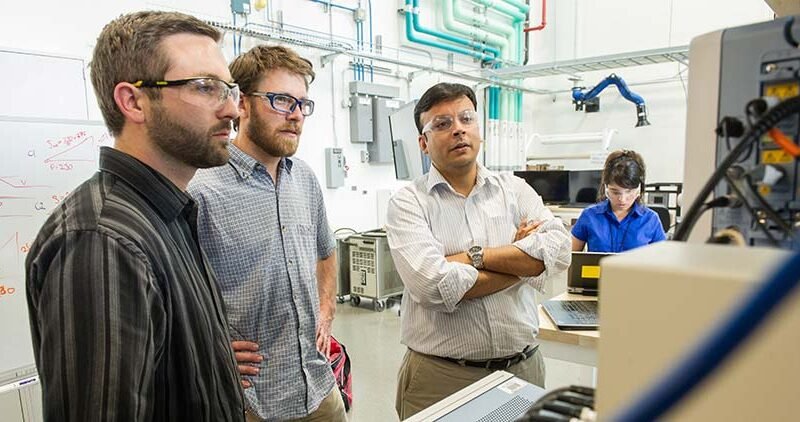Power Electronics and Smart Inverters, NREL Advancement
NREL’s cutting-edge research in power electronics and smart inverters is driving the adoption of renewable and distributed energy sources on the U.S. electrical grid, fostering increased cleanliness, reliability, and efficiency.
The integration of renewable and distributed energy resources, such as photovoltaics (PV) and energy storage devices, into the electrical distribution system necessitates the utilization of advanced power electronics, specifically smart inverters.
These smart inverters play a pivotal role in providing essential grid services, including voltage and frequency regulation, ride-through capabilities, dynamic current injection, and anti-islanding functionality.
Facilitates this seamless integration, NREL is actively engaged in developing innovative wide-bandgap smart inverters, crafting robust control algorithms to enhance inverter performance, assessing the interplay between multiple smart inverters and their interaction with utility distribution systems, aiding in the establishment of standards for smart inverter functionalities, and conducting comprehensive analyses to gauge the impact of smart inverters on distribution systems.
Also Read About –
Power Hardware-in-the-Loop and Grid Simulation
Inverter-Based Resources (IBRs) Applications
Our expertise spans a wide range of capabilities in Power Electronics and Smart Inverters
- Modeling and Simulation: Proficiency in simulating smart inverter behaviors and characteristics.
- Hardware and Firmware Design: Crafting smart inverter hardware and firmware to meet specific requirements.
- Control Algorithm Development: Creating advanced control algorithms to optimize smart inverter functionality.
- Wide-Bandgap Smart Inverters: Pioneering the development of wide-bandgap smart inverters for enhanced performance.
- Interactions Assessment: Employing control and power hardware-in-the-loop techniques to analyze interactions between multiple inverters at various points of common coupling.
- Testing and Validation: Developing and validating test procedures for smart inverters to align with IEEE 1547 and UL 1741 standards.
- Power System Impact Studies: Conduct comprehensive studies to assess the effects of smart inverters on power distribution systems when interfaced with distributed energy resources.
NREL’s efforts in advanced power electronics and smart inverters are pivotal in propelling the transformation of the U.S. electrical grid towards a cleaner, more dependable, and efficient future.




